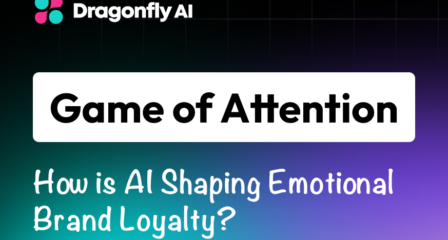
Do you remember the ‘toilet roll’ fiasco of two years ago? And the pasta stockpiling? To say nothing of the food shortages and rationed items. Yes, the first lockdown brought some very bad behaviours to the fore. So why did people start to do the things they did?
Research published this month has shed some light on this, as it reveals what goes on in our brains when resources become scarce. The study focused on the phenomena of Common-Pool Resources which are situations where resources (natural or human-made) are available to everyone, and their access cannot easily be limited. So, think about clean air and water, ancient forests or fish stocks within the ocean.
Specifically, the researchers found key differences in the way our brains react to reduced levels of resources, depending on whether they are our resources, or my resources. Let me explain. The study used a simulation where participants could fish in either a public lake, or in their own private pond. The fish they caught could be sold to generate wealth, but the participants also had to account for the activity of other fishermen in the lake and natural occurrences in their own pond.
What happened when the resources became scarce?
When the number of fish dropped suddenly, activity in the ventral striatum was suppressed. This is not surprising as this is often referred to as the ‘pleasure centre’ of the brain due to the high amount of dopamine there. So, a reduction of available resources is unpleasant for us, no surprises there.
The real surprises came when they looked in detail at the responses to the reduction being in the public lake, or in their own private pond.
When monitoring the levels of fish in their own pond, the sudden drop in numbers lead to a change in their behaviour – they fished less. This appears to be because they wanted to maintain the levels of available resources within their pond.
However, when the levels of fish in the public lake suddenly dropped, the behaviour change took the opposite direction. This time they fished it even more actively, quickly depleting the entire stock.
What is going on in our brains?
The researchers propose that activity in the ventral striatum (VS) is actually monitoring different elements in each of these scenarios. In the first, the VS is apparently monitoring the optimal level of fish in my pond. It is interested in preserving the levels of fish and ensuring the continuing availability of the resource. However, in the second scenario, the VS appears to be monitoring the volume of fish being taken by others, and the consequent reduction in number still left available.
In addition to its role as the ‘pleasure centre’, the ventral striatum has long been identified as being involved in social comparisons i.e. the spontaneous tendency to compare myself with those around me. Therefore, it has a dual role to play in this instance, as the increased activity of other fishermen has a direct effect on my own ‘income’ and to prevent the situation getting worse, I try to redress the imbalance by taking more out myself too.
What does this mean for us all?
Although this insight may provide opportunities for questionable marketing campaigns, it does not bode well for us as a planet. As our shared resources become more scarce, we can expect to see more of this selfish behaviour being evidenced by countries, organisations and individuals. Attempting to preserve our own resources, whilst being only to happy to deplete shared ones, appears to be activity that is monitored and takes place deep within our brains. I only hope further research will be able to help us find ways to resolve and overcome such powerful drivers…
Source: Martinez-Saito, M., Andraszewicz, S., Klucharev, V. and Rieskamp, J. (2022) Mine or Ours? Neural Basis of the Exploitation of Common-Pool Resources, Social Cognitive and Affective Neuroscience, https://doi.org/10.1093/scan/nsac008




